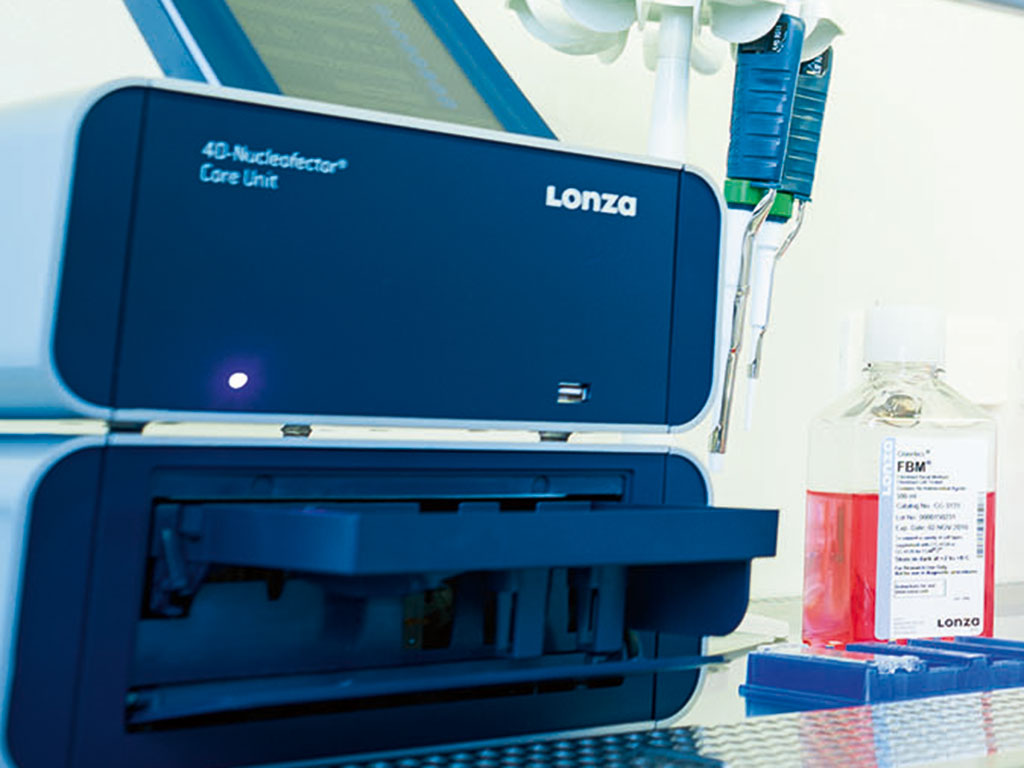I was wondering why Natural Killer (NK) cells lag behind the scene of the blossoming immunotherapeutic targets and agents, although they naturally scan and clean our body from stressed cells, either infected or transformed. They limit metastasis and are increasingly recognized to orchestrate inflammation and immune infiltration in tumors. Additionally, NK-mediated cytotoxicity operates in a mode that has desirable qualities for cancer immunotherapy.
NK cells express a number of activating and inhibitory receptors. Deletion of diverse inhibitory receptors dramatically enhanced their anti-tumor immunity, making them good targets for empowering the killing potency of NK cells with inhibitory drugs or gene silencing / knockdown.
If you already felt the pain of trying to gene edit primary human NK cells, you will appreciate this forward work of Prof. Nick Huntington’s team from Australia (Rautela et al).
It underlines some of the field difficulties:
- Differences in NK cell phenotypes and frequencies between species
- Low NK cell transduction efficiencies with retro/lentivirus
- Poor survival of NK cell post-electroporation
Researchers have been waiting for rapid and efficient gene editing tools to better understand the biology of NK cells and use them for immunotherapies. This work address exactly this aspect and could potentially reshape the field.
The authors optimized transfection conditions of human NK cells using the 4D-Nucleofecto® Device, with different Nucleofection™ Solutions and substrates. They identified DN-100, CM-137 and CN-114 programs to result in 80-95% transfection efficiency of a 70kDa FITC-labelled dextran with reasonable to great cell viabilities. For targeted genome editing, they transfected CRISPR-Cas9 ribonucleoprotein (RNP) complexes, using a NLS-tagged Cas9. The Cas9 RNP cell delivery outcome was largely superior to Cas9 plasmid transfection. In fact, RNP enable genome editing independently of plasmid transcription / translation, circumvent NK cell sensitivity to DNA, and has a boosted nuclear delivery through NLS.
In a gene knockout attempt, Nicks’ team observed loss of both copies of PTPRC gene (CD45-/-) in 75% of primary NK cells. They deleted the cytotoxicity triggering receptor NKp46 or the cytokine-induced checkpoint gene Cish in primary human NK cells and validated their key roles in regulating the anti-tumor function of human NK cell in vivo. Interestingly, they observed significantly higher gene deletion when editing was done after 2 weeks of NK cell expansion and stimulation (85% NKp46 negative) compared to fresh NK cell (about 25% NKp46 negative) from same donor.
This approach paves the way for large-scale genetic modification of NK cells. With further optimization of guide sequences, multiplexing using different guides RNA and CRISPR Cas source, most genes would be knocked-out at a high efficacy to clarify their implication in NK cell biology. I trust this method will highly serve immunotherapy drug discovery including rapid gene-editing of autologous or allogenic NK cell therapy products for personalized medicine.
Written by Nazim
Scientific Support Specialist


